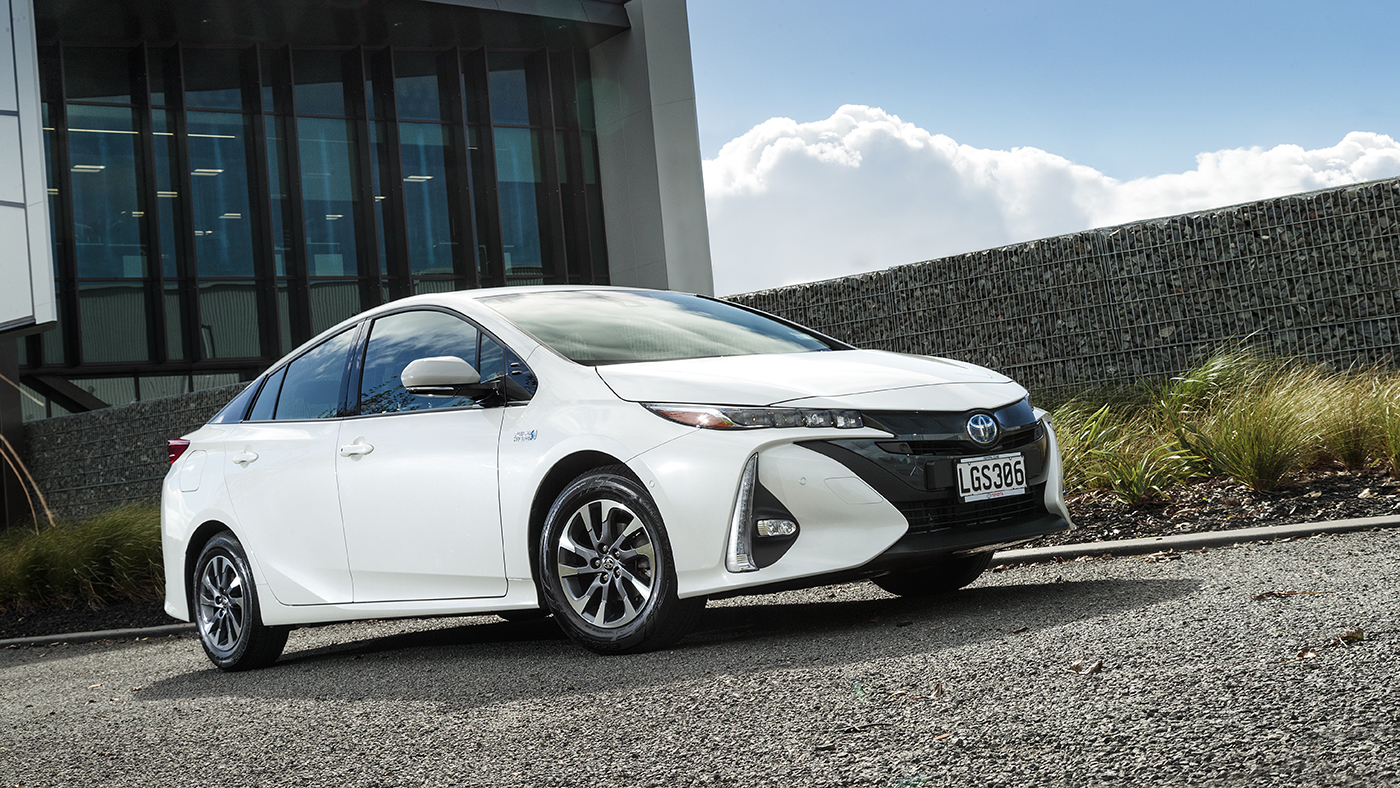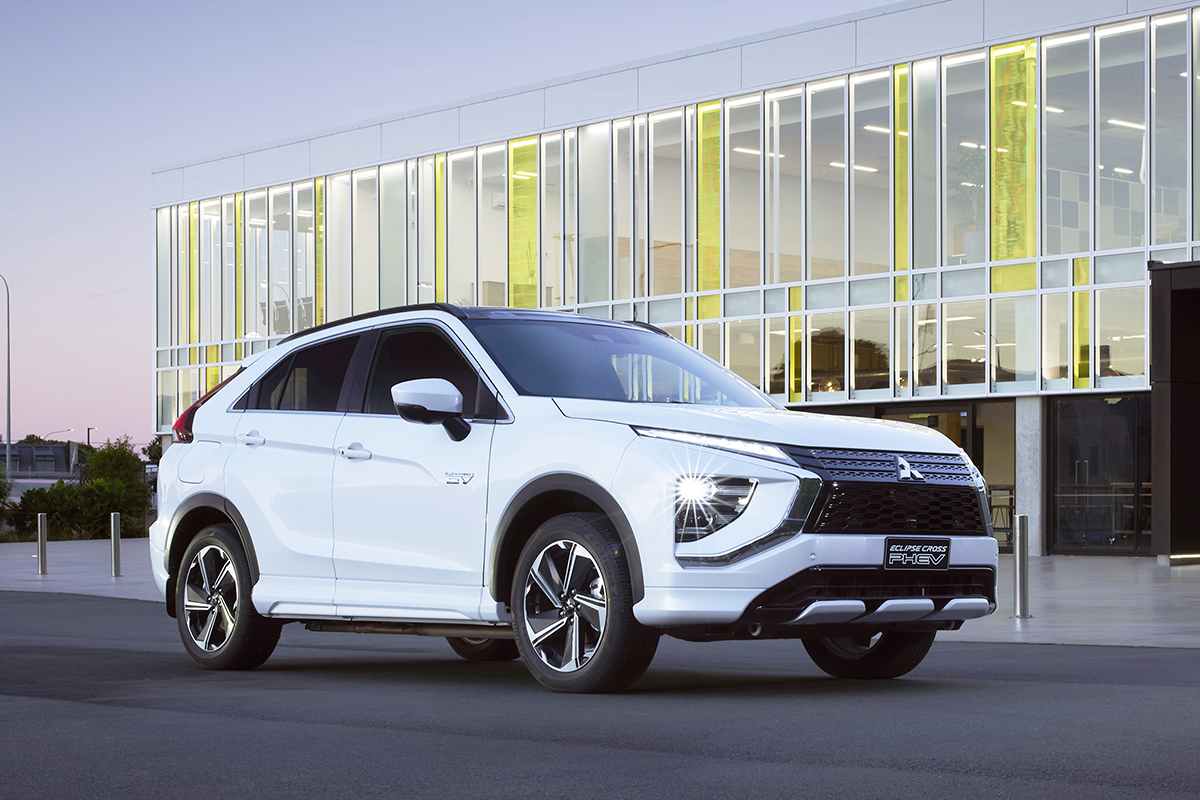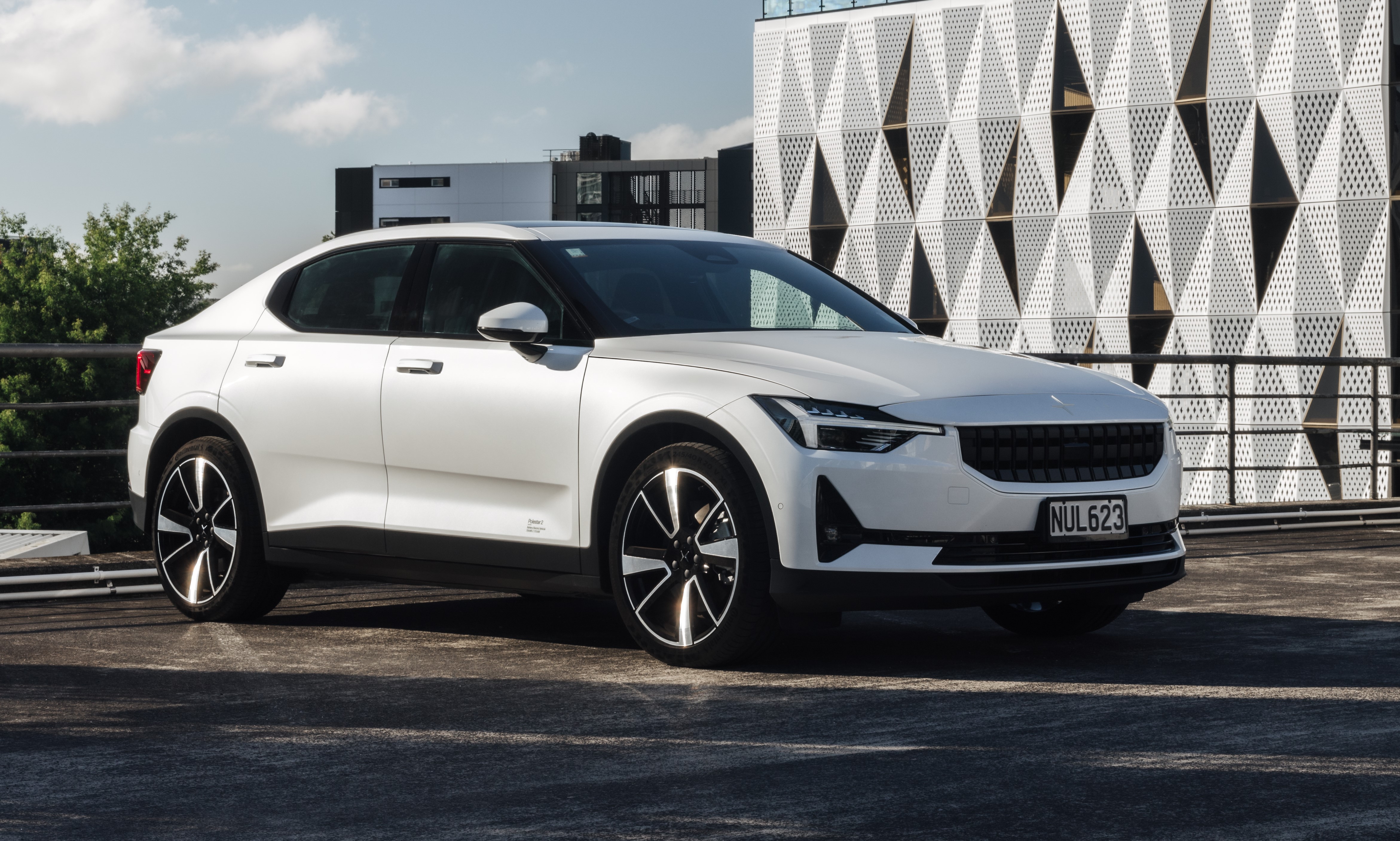
8 Mar 2023
Why you should lease an EV for your business
Thinking about moving your company car to an electric vehicle? You’re not alone. Over 40% of New Zealanders say they would now consider driving a battery electric vehicle (EV) to reduce their carbon footprint.
The future of vehicle fleets is electric. EVs are a sustainable choice for businesses due to their reduced running costs and low emissions output. Not only that, but thousands of studies have proven EVs to be better for the environment and human health. In this blog, we’ll go through the ins and outs of EVs, so you can make an informed decision when leasing your first EV.
Types of EVs
Electric vehicles are vehicles that are powered, at least partially, by electricity. There are currently three types of electric vehicles available in New Zealand:
1. Hybrid Electric Vehicle (HEV)
A hybrid electric vehicle (HEV) is a type of hybrid vehicle that combines a conventional internal combustion engine (ICE) system with an electric propulsion system (hybrid vehicle drivetrain). The presence of the electric powertrain is intended to achieve either better fuel economy than a conventional vehicle or better performance.
For example: Toyota Prius

2. Plug-in Hybrid Electric Vehicle (PHEV)
A plug-in hybrid electric vehicle is a hybrid electric vehicle whose battery can be recharged by plugging it into an external source of electric power, as well as by its on-board engine and generator.
For example: Mitsubishi Eclipse Cross PHEV

3. Battery Electric Vehicle (BEV)
A battery electric vehicle (BEV), pure electric vehicle, only-electric vehicle or all-electric vehicle is a type of electric vehicle (EV) that uses chemical energy stored in rechargeable battery packs. BEVs use electric motors and motor controllers instead of internal combustion engines (ICEs) for propulsion. They derive all power from battery packs and thus have no internal combustion engine, fuel cell, or fuel tank.
For example: Polestar

See our latest Electric Vehicle lease offers here.
6 Reasons to choose an Electric Vehicle for your fleet
Electric vehicles are becoming increasingly popular because they offer many advantages over internal combustion engine vehicles (ICEVs):
1. Reduce greenhouse gas emissions
New Zealand has some of the cleanest energy in the world. EVs emit 80% less CO2 than an equivalent petrol vehicle when being driven in New Zealand, because 80% of our electricity is generated from renewable sources, resulting in a significant reduction of CO2 emissions. Battery electric vehicles (BEVs) don’t have a tailpipe and produce no exhaust emissions that cause local air pollution.
2. No more fuel
Electric vehicles are cheaper to run than their fuel equivalent as they don’t need fuel, unless you have a plug-in hybrid electric vehicle. They can switch to fuel once the electric battery has been used up (eg. for longer trips) or where additional power is required.
3. Reduced maintenance costs
EVs have less moving parts so the cost of maintaining the vehicle is greatly reduced. Battery EVs have no petrol engine and so do not need oil changes, spark plugs or timing belts. The main consumables involved are tyres, air conditioning, brake pads (however these will be changed less frequently with the use of regenerative braking that EV's offer).
4. Charge up at home, at work and around town
You can charge electric cars anywhere there is a charging station, and many local businesses now have EV charging stations available.
5. You can get a discount
Rebates are available to anyone purchasing an EV or plug-in hybrid EV — up to $8,625 for new vehicles and up to $3,450 for used. The discount applies to cars with a star safety rating of at least three, and priced under $80,000. FleetPartners will pass through the Clean Car Discount rebate and fees in the monthly lease rate. Any fees payable under the Clean Car Discount will be automatically capitalised into the lease at the quote stage and factored into the monthly lease payment.
6. Better driving experience and noise reduction
Electric vehicles are able to apply full power as soon as you touch the accelerator, since there are no gears to work through. Additionally, there is no engine noise. EVs are great hill climbers and regenerative braking means they recharge going downhill.
.jpg)
How to charge your Electric Vehicle
Moving from an internal combustion engine to an electric vehicle can be daunting in terms of charging. There are three places to charge — at home, at your workplace, and using New Zealanders network of public chargers.
Charging at home
Charging your electric vehicle at home during off-peak hours is the most convenient option. Worksafe recommends for company vehicles that a smart charger needs to be installed at your employees home and avoid using the three pin plug. See more information here.
Charging at work
The cost to install chargers at your workplace can vary hugely depending on the type of charger and the characteristics of the site. We work with leading providers who are specialists in installing EV Charger units in the home or work such as JetCharge who can manage the end to end process.
Public charging
On most of New Zealand's state highway network, public chargers are located every 75 kilometres or so. You're mostly never far from a charging station, and the network is constantly expanding, with a focus on covering main routes and increasing the number of stations available. Public charging stations include ChargeNet who have the biggest network of public chargers so you can charge on the go.
There are also more and more charging stations available at main shopping centres, often with the best located parks with larger DC fast charging.
Want to transition your fleet to electric? Download our 5 step Journey to Carbon Zero here.
Learn more about hybrid vs electric vehicles >
Why you should lease an EV for your business


